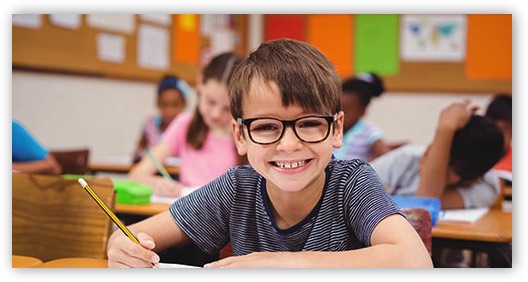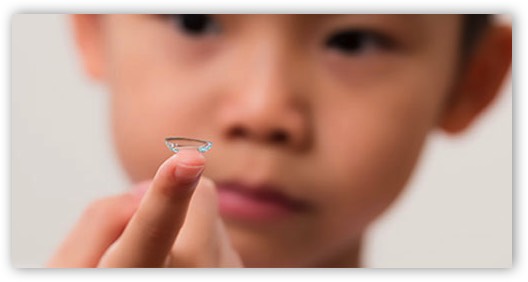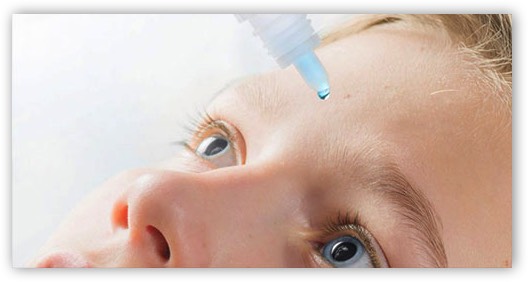MYOPIA CONTROL
TREATMENT FOR NEARSIGHTEDNESS
Why Slowing Down Myopia Progression is Wise
Does your child have myopia? Myopia, or nearsightedness, is when your child can see near objects clearly, but has difficulty seeing objects at a distance. Myopia can be caused by the shape of the eye’s cornea, or when the eye grows too long. While myopia is a common refractive error among children, many parents are unaware that myopia can worsen as children grow, impacting their learning and development. While the only option for treating myopia used to be glasses or regular contact lenses, now there are a variety of treatments available that may slow this condition’s progression.
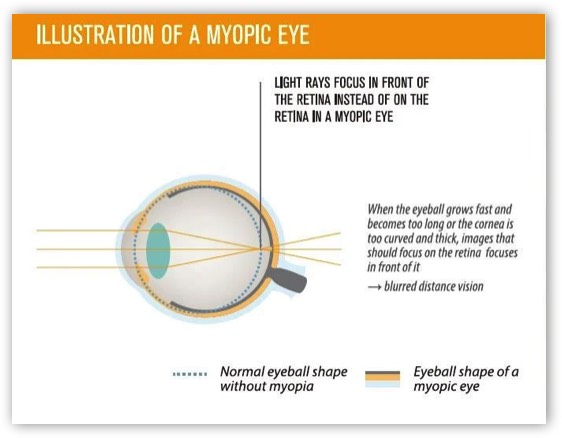
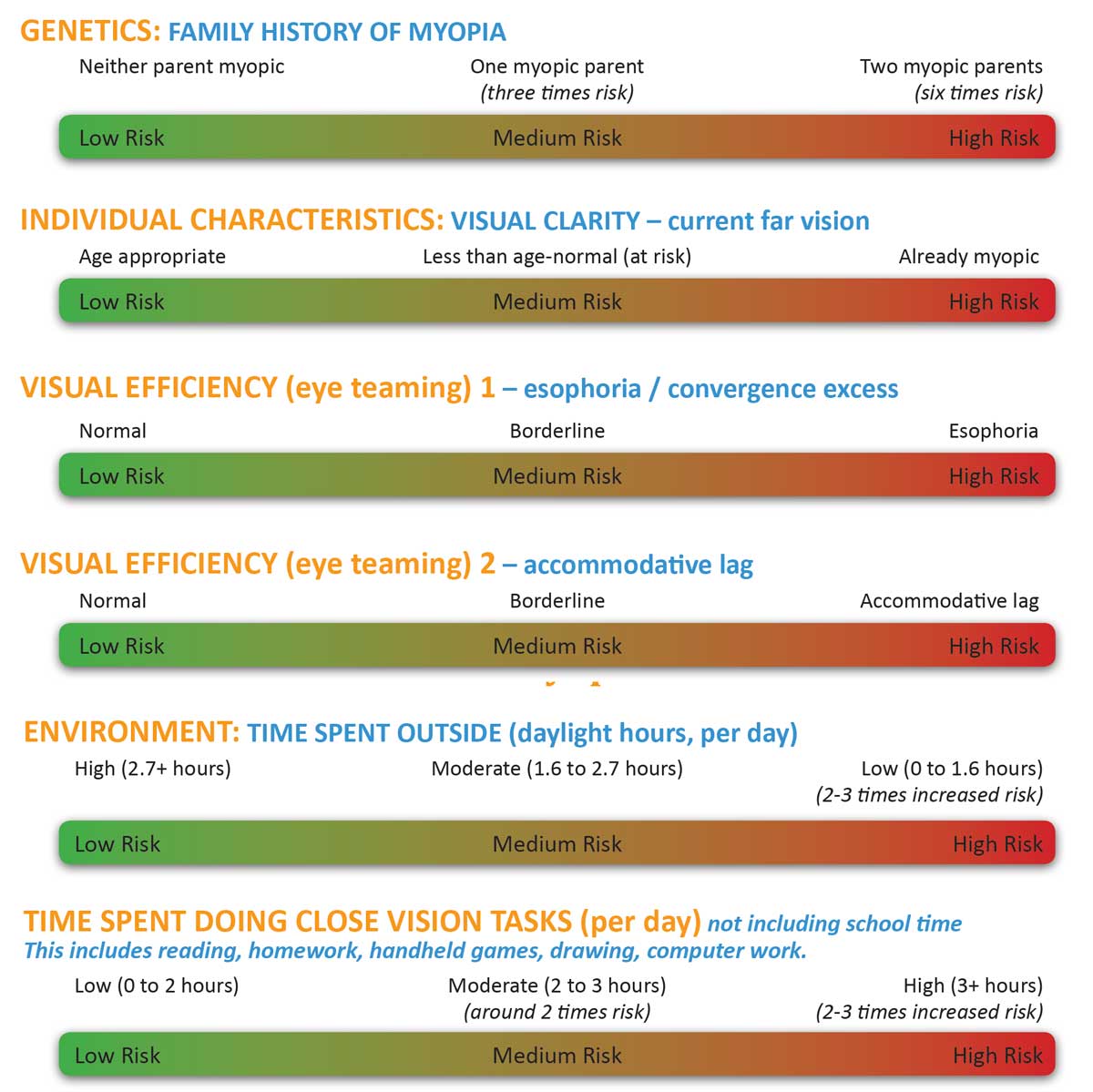
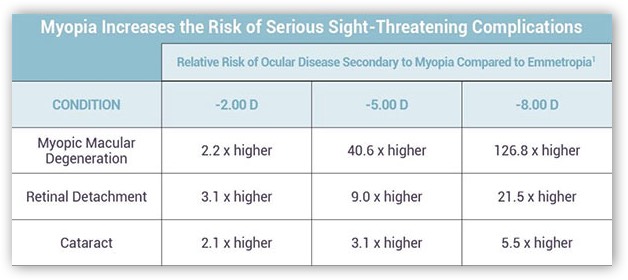
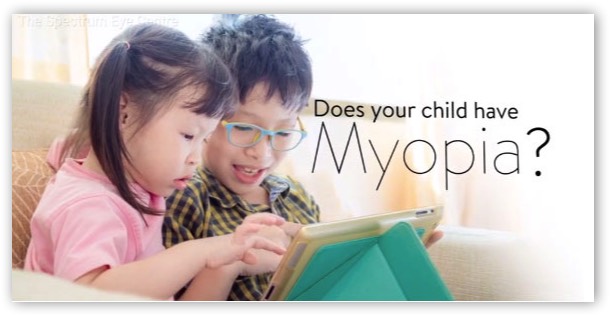
WATCH THE WAYS IN WHICH MYOPIA MAY BE REDUCED
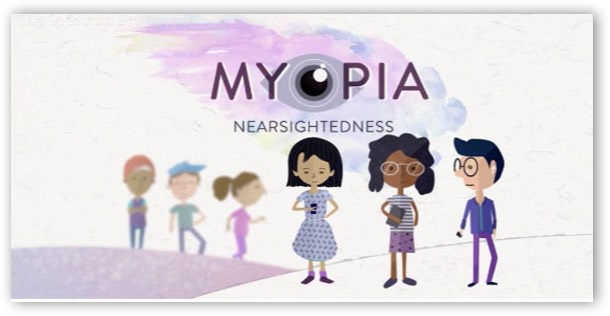
DOES YOUR CHILD HAVE MYOPIA LEARN MORE
There are currently several options available to manage shortsightedness. They can be classified according to their ability to correct and slow myopia progression during childhood as shown in the figure below:
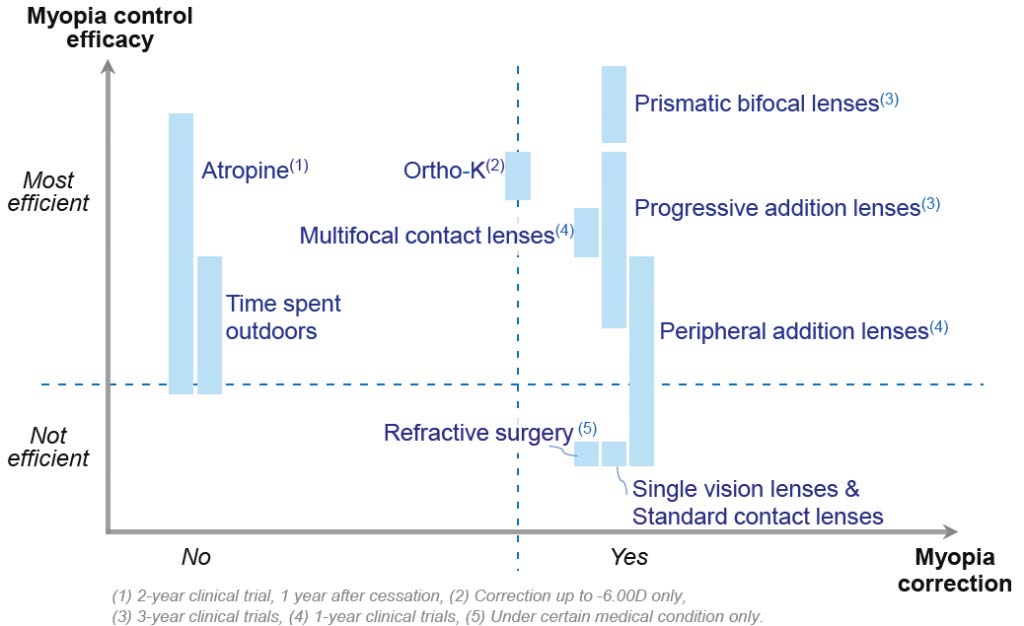
Technology today allows for the ideal treatment for children to correct myopia, besides controlling its evolution. Research has found that certain applications of lenses has successfully reduced myopia evolution by up to 62%. In addition, products are deemed trustworthy and safe, non-invasive solution that has been designed for myopic children by international experts of myopia.
Several products are specialized prescription lenses that help correct far vision and reduce strain for near vision. This lens corrects and controls Myopia, all at the same time. It is superior to single vision lenses, which only corrects far vision without helping to reduce strain on near vision.
How often should I have my child’s eyes checked?
The Saskatchewan Association of Optometrists recommends the first eye exam for children at six months of age, then again when the child is two years old, and every year after the age of four. Eye examinations are covered under Saskatchewan Health Care until age 18. You can read more on this, as well as the current recommendations on screen time for kids below.
For additional information, talk to one of our Optometrists at your next appointment and if you like, you can do some of your own research on the sites below:
https://mykidsvision.org
http://www.myopiaprevention.org/index.html
http://www.allaboutvision.com/parents/myopia.htm
https://www.myopiainstitute.org/imi-white-papers.html




